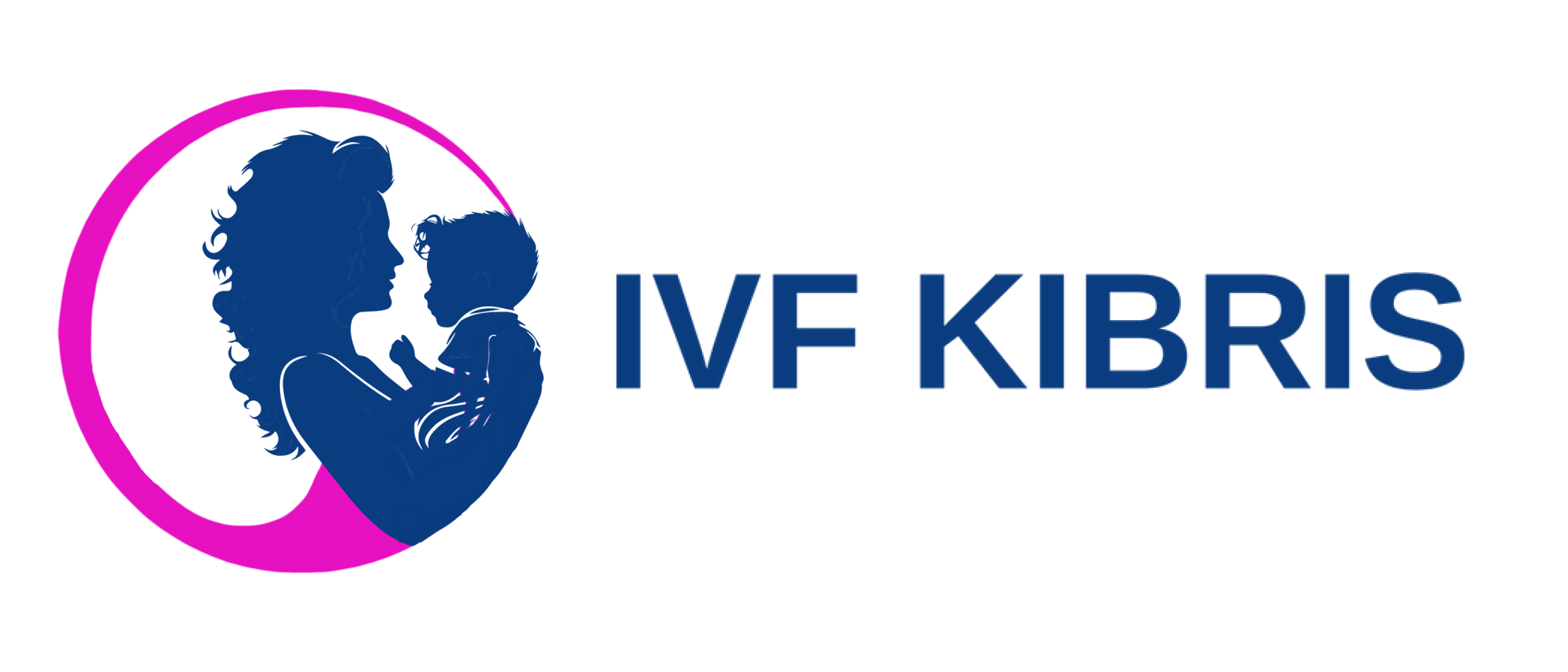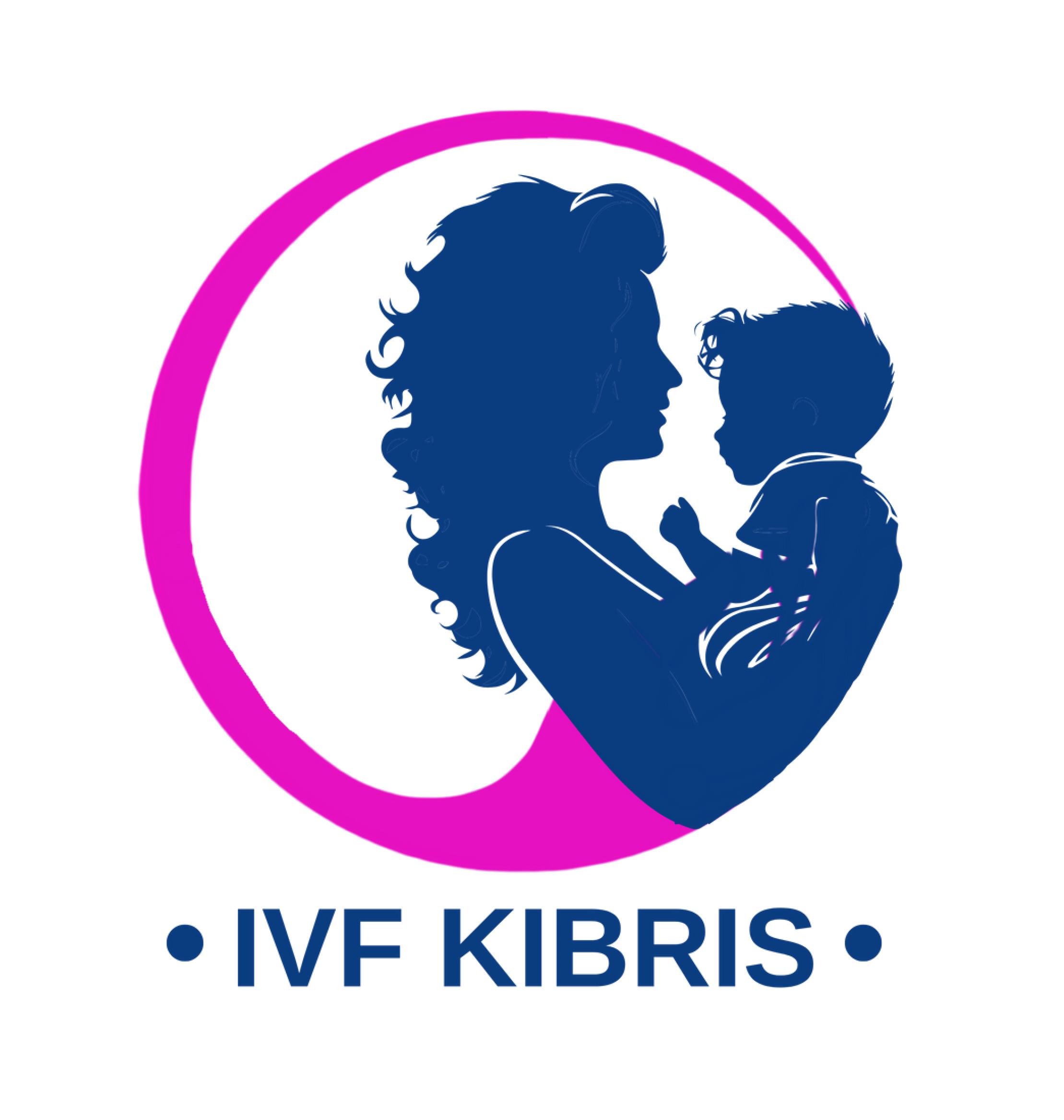EggDonation
Egg donation is an assisted reproductive method for women who wish to have children but cannot use their own eggs due to low ovarian reserves, genetic disorders, or menopause. In this process, eggs obtained from a healthy donor are fertilized in a laboratory and then transferred into the recipient’s uterus. This method offers a promising option for women who have lost the ability to conceive with their own eggs.
Who Can Benefit from Egg Donation?
Egg donation is used in cases where a woman cannot conceive with her own eggs. It is particularly suitable for:
- Women who have entered early menopause.
- Individuals with diminished or exhausted ovarian reserves.
- Women who carry genetic disorders that could be passed on to their children.
- Patients who have undergone cancer treatments or other medical interventions affecting fertility.
Women who are unable to conceive with their own eggs can still experience pregnancy and motherhood through this method.
Who Can Be an Egg Donor?
Egg donors must meet certain health and genetic criteria to ensure a successful and healthy pregnancy. Generally, the ideal donor:
- Is between 20-30 years old, as egg quality is highest at this age.
- Has no genetic diseases or hereditary conditions.
- Has a healthy medical history and has undergone comprehensive screening tests.
- Has previously had a successful pregnancy (preferred but not mandatory).
The donation process is entirely voluntary and carried out in compliance with ethical and medical standards.
What Are the Stages of IVF Treatment with Egg Donation?
Egg donation requires careful coordination between both the donor and the recipient. The treatment process includes:
- Ovarian Stimulation (Donor) – The donor undergoes hormonal therapy to mature her eggs.
- Egg Retrieval – The mature eggs are collected from the donor.
- Fertilization – The eggs are fertilized in a laboratory using either the recipient’s partner’s sperm or donor sperm.
- Uterine Preparation (Recipient) – The recipient undergoes hormonal therapy to prepare her uterus for embryo implantation.
- Embryo Transfer – The highest-quality embryos are transferred into the recipient’s uterus.
- Pregnancy Test – After 10-12 days, a pregnancy test is conducted to determine the success of the procedure.
Throughout this process, both the donor and the recipient receive specialized medical care to ensure the best possible outcome.
How Are Donors and Recipients Matched?
Donor selection is based on both physical and genetic compatibility to ensure the best match. Factors considered include:
- Physical resemblance – The donor is chosen based on similar physical characteristics to the recipient.
- Genetic health – Only donors who are free from genetic diseases are selected.
- Ethical and confidentiality principles – The donor’s and recipient’s identities remain anonymous, ensuring full privacy.
These precautions ensure that the child has a healthy genetic background and the recipient’s family structure is preserved.
Will a Baby from Egg Donation Resemble the Mother?
Since the baby’s genetic material comes from the egg donor, there is no direct genetic connection to the recipient. However, the pregnant mother plays a crucial role in fetal development, influencing aspects such as epigenetics (how genes are expressed). This means that, while the child inherits DNA from the donor, the mother’s pregnancy environment can still have an impact on certain traits.
What Is the Success Rate of Egg Donation?
IVF treatment using egg donation has one of the highest success rates among assisted reproductive techniques. Since donors are young and healthy, fertilization and embryo quality are significantly improved. The success rate of pregnancy with egg donation ranges from 70% to 80%, making it a highly effective option. However, factors such as the recipient’s uterine health and overall well-being also play a role in determining success.
Confidentiality and Legal Aspects
Confidentiality is one of the most important aspects of egg donation. Donor and recipient information remains strictly confidential, and both parties’ rights are protected.
- In Cyprus and some other countries, egg donation is legal and regulated, ensuring a safe and ethical procedure.
- In Turkey, egg donation is prohibited by law. As a result, many patients travel to countries like Cyprus to undergo the procedure.
Legal regulations in these countries are designed to protect both donors and recipients, ensuring that the treatment is conducted safely and ethically.
Our Services
Contact Us
Send Us Your Questions, Our Experts Will Answer
Fill out the form below to ask your questions, and our experts will provide answers.

